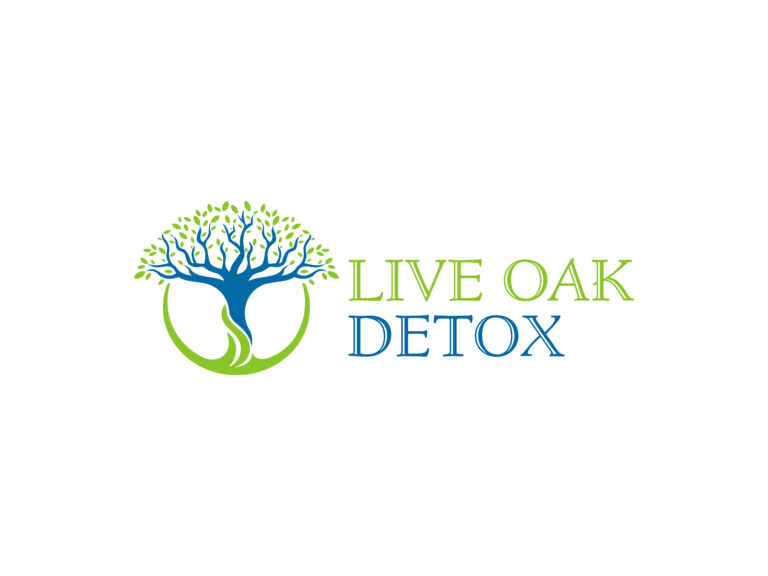



Understanding the significance of personalized attention and care in the healing process is crucial. In this context, we’ll highlight the imperative role of 1-on-1 therapy for addiction treatment and mental health.
1-on-1 therapy offers an unparalleled level of personalized attention and privacy, providing the client with a unique platform to explore and address their issues.
We will delve into the exclusive benefits, process, and success stories of individual therapy for addiction and mental health.
Individual therapy for addiction provides a safe, confidential space where clients can express their struggles without fear of judgment, exploring the root causes of their addiction.
Many have found solace and recovery through individual therapy, reclaiming control over their lives and effectively breaking free from the chains of addiction.
Individual addiction therapy often encompasses various approaches, including cognitive-behavioral therapy and motivational enhancement therapy, tailored to meet the specific needs of each client.
1-on-1 mental health therapy provides a client-centered approach, where therapists can directly address the individual’s unique mental health challenges and needs.
From depression and anxiety to PTSD and bipolar disorder, individual therapy proves effective in managing and treating a wide array of mental health disorders.
Through personalized strategies and interventions, therapists can guide clients on their journey towards mental wellness and stability.
While group therapy offers a sense of community, individual therapy provides a deeper, more personalized experience tailored to the client’s unique needs and goals.
Group therapy offers support and understanding from peers going through similar experiences, although it might not offer the same level of personalized care as individual therapy.
1-on-1 therapy guarantees privacy and confidentiality, creating a secure environment where clients can open up and explore their issues without fear.
The success of individual therapy significantly depends on the expertise and experience of the therapist involved, emphasizing the importance of seeking qualified professionals.
Beginning with a comprehensive evaluation, therapists can accurately diagnose and understand the client’s specific needs and challenges.
Based on the evaluation, therapists develop a personalized treatment plan aimed at addressing the client’s unique challenges and promoting healing and recovery.
1-on-1 therapy for addiction treatment and mental health offers a lifeline for many seeking personalized, confidential care. With experienced therapists and a client-centered approach, individual therapy provides a beacon of hope and healing for countless individuals struggling with addiction and mental health issues.
How does 1-on-1 therapy promote privacy?
1-on-1 therapy sessions are conducted in a confidential setting, ensuring that clients can express themselves freely.
Can I switch therapists if necessary?
Absolutely, the primary aim of therapy is your comfort and progress. If a change is needed, arrangements can be made.
How long does individual therapy usually last?
The duration of therapy varies significantly from one individual to another, depending on their specific needs and progress.
What disorders can 1-on-1 therapy address?
Individual therapy can address a wide range of disorders, including addiction, depression, anxiety, PTSD, and many others.
Is online 1-on-1 therapy effective?
Yes, online individual therapy has proven to be an effective and accessible option for many clients.